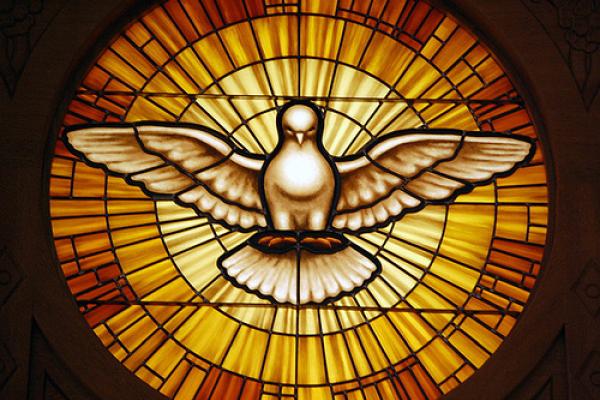All were amazed and perplexed, saying to one another, ‘What does this mean?’
Acts 2.12 (NRSV)
Charles Ramsey, the African American male dishwasher who rescued Amanda Berry from captivity preached a transforming sermon when he shared his story about how he helped a Euro American woman in distress escape from 10-years of captivity. Ramsey boldly told the local television news reporter in Cleveland, “Bro, I knew something was wrong when a little pretty white girl ran into a black man’s arms.” And later when CNN’s Anderson Cooper asked Ramsey, how he felt about being a hero, Ramsey said, “No, no, no. Bro, I’m a Christian, an American. I am just like you. We bleed the same blood …”
Ramsey’s blunt honesty which spoke to the existence of racism and his sincere compassion for humanity was a 21st century mystification; a “radical real lived” theological symbol for the reason, why Christians celebrate Pentecost – the birth of the Holy Spirit and the historic beginning of the Christian Church. Biblical scholars teach us on the Day of Pentecost that a strong wind swept through a house where Jesus’ followers gathered days after he was resurrected from the dead. It was in the city of Jerusalem, where Jewish pilgrims gathered to celebrate Shavuot and people from other cultures who spoke diverse languages — believers and non believers of Jesus, heard about God’s powerful works in their native tongues and felt God’s holy presence.
When the day of Pentecost came, they were all together in one place. And suddenly from heaven there came a sound like the rush of a violent wind, and it filled the entire house where they were sitting. Divided tongues, as of fire, appeared among them, and a tongue rested on each of them. All of them were filled with the Holy Spirit and began to speak in other languages, as the Sprit gave them ability.
Read the Full Article

